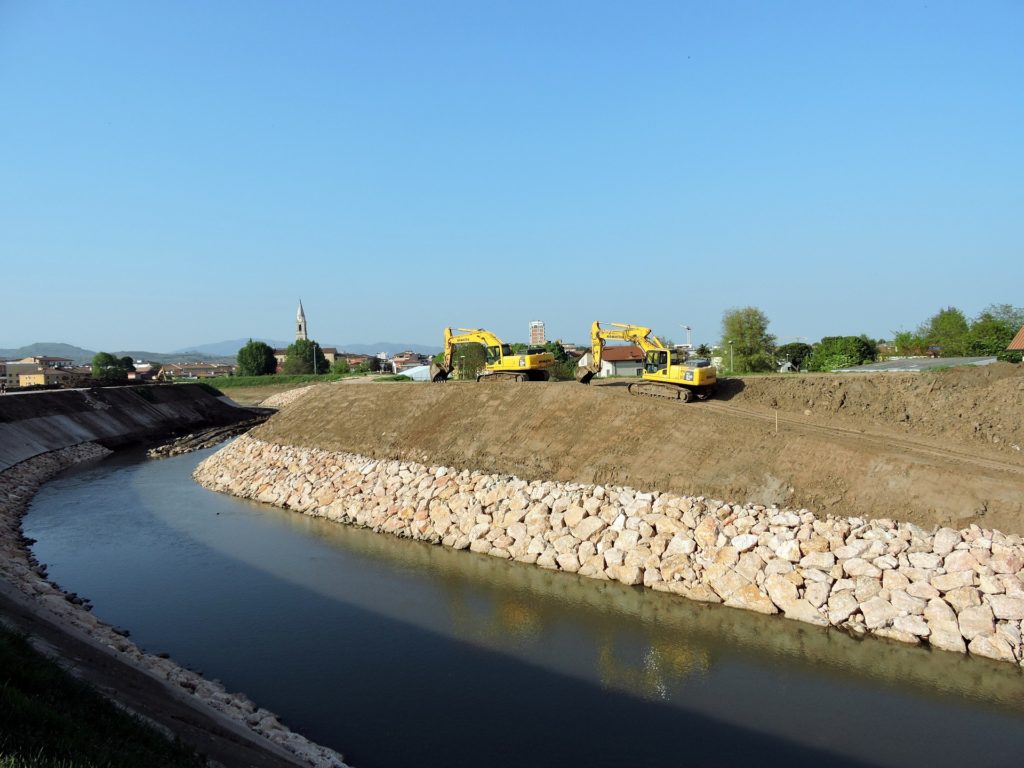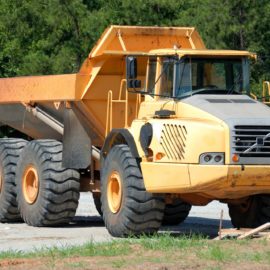
The New Orleans area is getting $1.2 billion over the next two years to upgrade and maintain our levees.
A year’s worth of state sales taxes paid in New Orleans and four suburban parishes, combined with money from a future state budget surplus, would be used to reduce Louisiana’s bill for post-Katrina hurricane levees from more than $3 billion over 30 years to just $1.2 billion over the next two years. That’s the goal of a measure approved Thursday in the waning hours of the Legislature’s 2021 regular session. An accompanying resolution asks local levee districts and their parent levee authorities to chip in even more money to reduce the state’s share of the bill. Louisiana owes the Army Corps of Engineers $1.2 billion for construction, plus $576 million in interest that has accrued during more than 10 years of work. That bill comes due later this year, after the Corps informs the state that construction is complete. The state had already reduced its required 35% share of the estimated $14 billion cost of the levee system improvements by providing land, and paying for borrow material and relocation of pipelines as part of the construction process. Under an agreement signed by the state at the start of construction, Louisiana may pay off its debt over 30 years, which the Legislative Fiscal Office estimates would require annual payments of $101 million and total more than $3 billion.
nola.com
This owed money has changed thanks to the congressional delegation from Louisiana. The lobbied for change and they got it! The interest is forgiven IF the state pays for construction costs over the next three years. The state will pay $400 million by September and the rest by September 30, 2023.
In May, state officials agreed to use $355 million in surplus money for the fiscal year that ends June 30. Another $45 million in the fiscal 2021 budget was already set aside towards the first payment. On Thursday afternoon, the House and Senate approved legislation sponsored by Rep. Jerome “Zee” Zeringue, R-Houma, and House Speaker Clay Schexnayder, R-Gonzales, to help pay the second installment. It calls for the state again to dip into an expected budget surplus at the end of fiscal 2022. It specifies dedicating 38% of the surplus, as determined by the Revenue Estimating Conference, to the Corps repayment account. The bill also would redirect all state sales tax revenue collected between July 1, 2022 and June 30, 2023 in New Orleans and St. Charles, Jefferson, St. Bernard and Plaquemines parishes to the second Corps payment. Those five parishes saw post-Katrina hurricane protection construction.
The monies from these sources are limited to $400 million The passage of this bill regarding installment payments on the debt, as was proposed in a measure sponsored by Sen. Mack “Bodi” White, R-Central.
Still, the House and Senate adopted a Zeringue resolution that requests the individual levee districts and their parent east bank and West Bank levee authorities to chip in money to pay a share of the state reimbursement bill. Zeringue argues that while the five parishes receive all the benefits from the huge federal expenditure, forcing the state to pay the local share of construction costs means “the citizens of the state’s remaining fifty-nine parishes are saddled with the cost for a storm drainage and protection system that does not directly impact them, their property or their livelihoods.” Zeringue has pointed out that Lafourche and Terrebonne parishes have been funding construction of the 98-mile, $3 billion Morganza-to-the-Gulf levee system with local sales taxes, raising $400 million so far while waiting for Congress to appropriate the federal 65 percent. The state has provided about $100 million of that levee system’s costs. Officials with the two Southeast Louisiana Flood Protection authorities say they have each spent $35 million, funded by local taxpayers, to pay for the cost of elevating earthen segments of the New Orleans system, and that should be considered as part of the levee’s construction expenses.
Again, it up to the Governor who has to sign the bill. If he does the legislature will have to determine which funds will be used for both payments. The ultimate goal is to not use a bond issue which would bring more interest payments.



